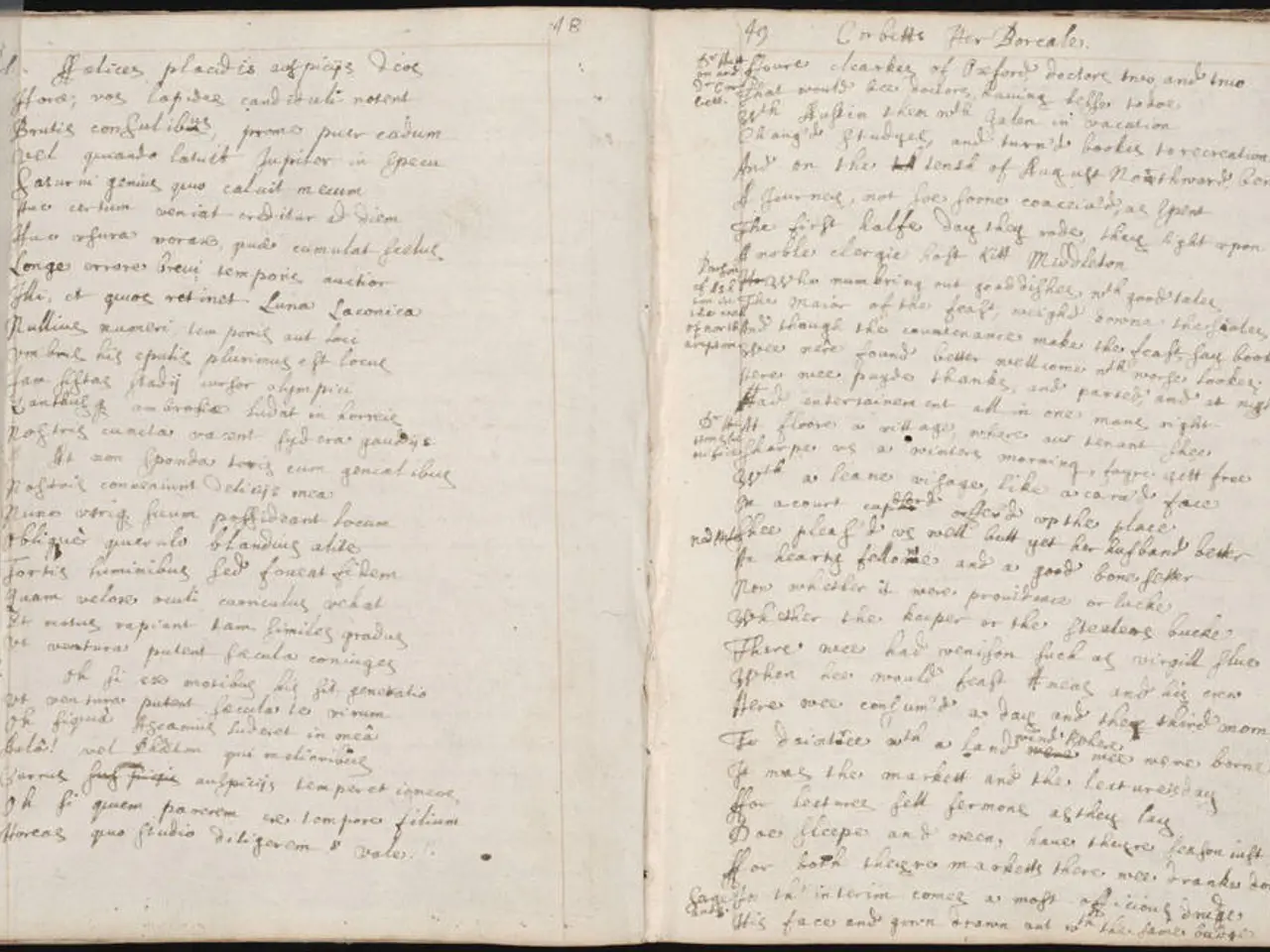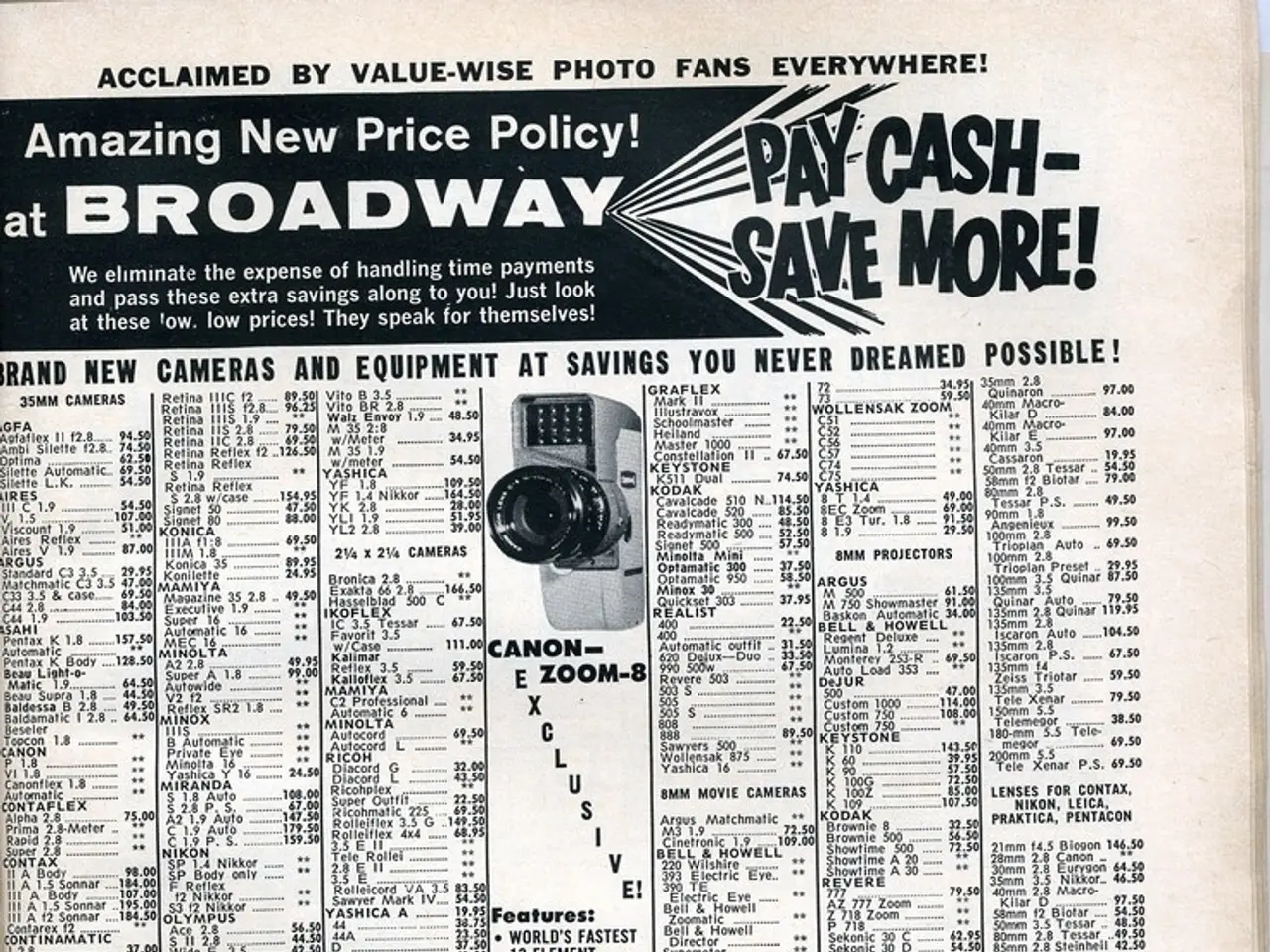Top-Selling Books vs Box Office Success
=============================================================
In the realm of entertainment, the age-old question of books versus movie adaptations continues to spark passionate discussions. Hannah Joslin, a contributor to the Blooming Twig, a boutique publishing house that caters to the adventurous tastes of its readership, delves into this topic.
Joslin suggests that reading offers a more nuanced and detailed experience compared to watching a movie. This is because books allow readers to dive deeper into a character's mind and become more attached due to the slower pace. The connection between reader and character, and reader and author, is unique and can't be realized in the same way through a movie.
One of the primary reasons for this disconnect is the loss of content and complexity in movie adaptations. Books often contain intricate plots, subplots, internal character thoughts, and detailed world-building that are difficult to fully translate into the shorter, more visual medium of film. This necessitates cutting or condensing material, which can disappoint readers who value those elements deeply.
Furthermore, filmmakers may take creative liberties, changing story details, characterizations, or themes either to fit the cinematic form or to appeal to broader audiences. While some authors like Stephen King are open to such adaptations, many readers expect faithfulness and see deviations as betrayals of the source material.
Popular or best-selling novels often have passionate fan bases with strong expectations. When films stray from the books, these fans can be vocally critical, as seen with adaptations like Percy Jackson that led to backlash and calls for reboots.
Another factor contributing to the criticism is the rushed production and commercial pressures that studios often face. They sometimes rush adaptations to capitalize on a book’s popularity, potentially leading to scripts and casting that feel underdeveloped or inappropriate, further alienating readers.
Lastly, certain narratives work well in the internal, descriptive, and expansive format of novels but are challenging to render visually or within a typical film duration, leading to perceived loss in storytelling quality.
Despite these challenges, movies are valuable and can be heart-wrenching, imaginative, groundbreaking, exciting, and capture emotion the best of all mediums. Reading, however, offers a more personal and intimate experience that can provide insights into a character’s emotions, hopes, and personal stories that may not be fully conveyed through actors.
Finishing a novel is one of the best feelings and can give a lot back to the reader. It changes the way one thinks and perceives the world, offering a unique and detailed portrayal of a living thing that movies may not be able to fully capture.
In conclusion, the balance between respecting the original work and creating a standalone film experience is often difficult to achieve to everyone's satisfaction. Each adaptation reflects this delicate balance, and passionate book fans might get a little crazy about movie adaptations, especially if they are money-grabbing and make scenes more action-packed than they should be. Nevertheless, the joy of reading remains unparalleled, offering a rich, immersive experience that movies can only aspire to match.
Books serve as a source of intricate entertainment, providing a deep and detailed exploration of characters, plots, and ideologies. In contrast, movies might offer visual excitement but often lack the nuanced understanding that readers gain from books due to their slower pace and intimate connection with characters.








